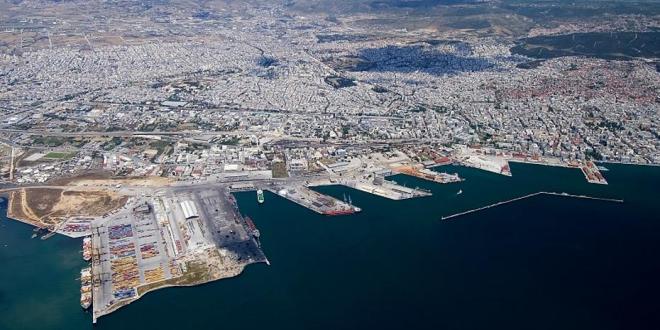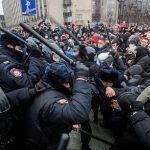Belterra Investments Ltd consolidated control over the Greek port of Thessaloniki last week. If the deal is clinched, 80,3% of the port’s voting shares will come under direct or indirect control of Ivan Savvidis, Russian businessman, Sofokleousin reports.
In 2017, a 67% stake in the port was acquired by Belterra Investments Ltd (20%) and Deutsche Invest Equity Partners GmbH (DIEP) (47%). Belterra Investments is now taking up the German shareholder’s stake. Russian capital entered the port after President Tsipras of Greece invited Moscow to participate in the privatization of the port in 2015.
Belterra Investments Ltd is owned by Russian businessman Ivan Savvidis (the Savvidis Group), who has been fully engaged in some large-scale information and not only campaigns by Russian intelligence.
The port’s purchase will give the Russians a free hand in keeping an eye on NATO missions in the Balkans, as NATO troops in Bosnia and Kosovo are known to be getting some of their supplies through the port of Thessaloniki.
The purchase of Thessaloniki’s port seems a move to stymy NATO’s naval access to the interior of the Balkans, a region at the convergence of Russian and American spheres of influence.
Russia has already a strong presence in the area with the Russian monastery of Saint Panteleimon in Mount Athos. The monastery has its own non-commercial port facilities and is in a perfect geographical location for monitoring operations.
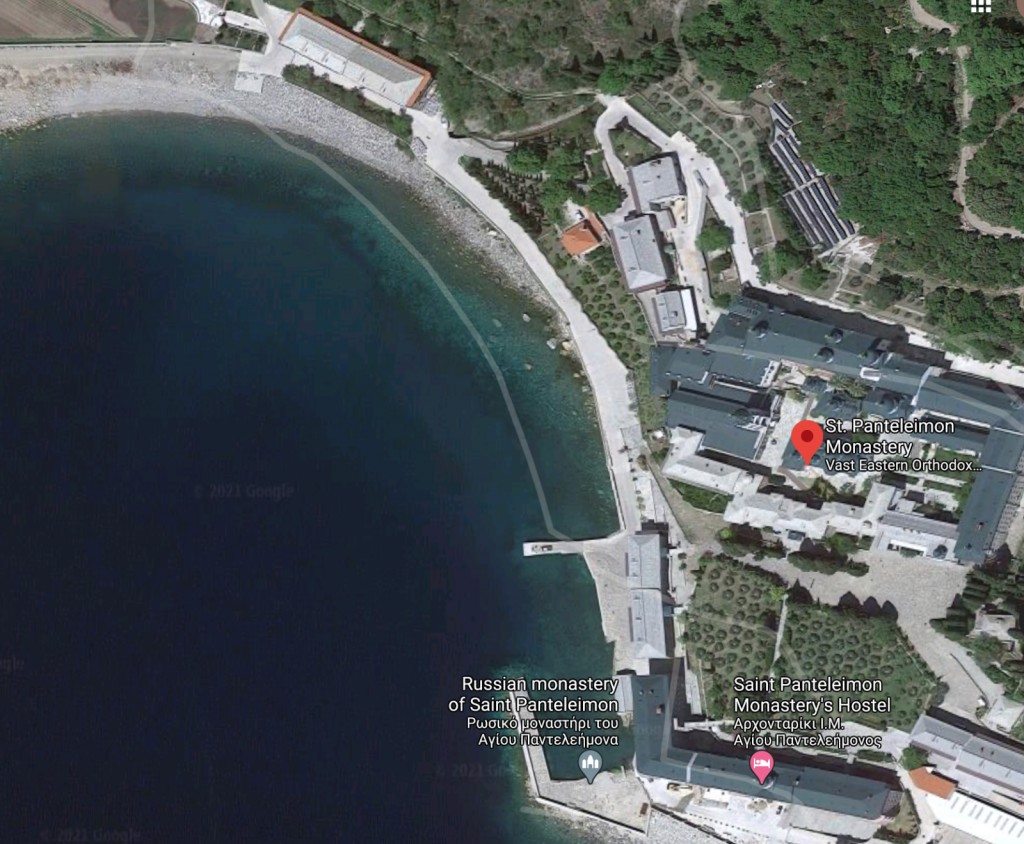
A decade ago, almost no one in Greece heard Savvidis’ name. He owns no ships. He made his fortune outside of Greece and is now investing it within the country at an unthinkably inauspicious time. So, he fits perfectly to the model of Russian intelligence-made businessman to service intel ops. Savvidis speaks only a gnarled dialect of ancient Greek, which has curtailed his ability to address his ambitions in the Greek media.
In May 2014, Russia’s state-owned railway company (Russian Railways) has shown interest in acquiring the shares of the Port of Thessaloniki. The company is in the US list of sanctions against Russian officials that was updated in end-April over the prolonged conflict in Ukraine. Thessaloniki’s port is one of the largest in Greece, but also in the Aegean Sea basin and is considered to be an important hub as it leads into the Balkan Peninsula hinterland.
It is highly likely that Russian Railways poured part of the cash into the Savvidis’ deal, thus camouflaging the state businesses taking part in the purchase of strategic assets in Europe as private capital.
Russia’s embrace of the port stems from the intention to ensure the increase in oil and gas (LNG) supplies to the south of Europe.
The interest to purchase Greek railway companies and Thessaloniki’s port facilities by Russian Railways also stems from the opportunity for Russian carrier to enter the European market. The purchase opens the door for increasing cargo transportation and cargo throughput. The initiative might still have political component as the deals’ economic surplus is questionable so far. But the control over Thessaloniki’s port might unlock the Crimean ports that are in fact blocked for operations with European ports following Russia’s seizure of Crimea in 2014.
The Kremlin has been active ever since in setting up routes from Sevastopol to Thessaloniki, as well as from Sevastopol to Libya via Thessaloniki. Russian Railways also trumpeted to arrange for a ferry service from Novorossiysk to Thessaloniki.
Ivan Savvidis was granted Greek citizenship in 2013, where he owns various assets. Savvidis has close ties with the United Russia party and Vladimir Putin’s inner circles and is also backed by Russia’s special agencies on a mutually beneficial basis, assisting in ops.

Russia used Savvidis to put the screw on Ecumenical Patriarch Bartholomew to thwart granting the Tomos of autocephaly to Ukraine’s Orthodox Church. Ivan Savvidis favors ties with the hierarchs of the Greek Orthodox Church, financing some of their projects. In 2018, he put the screw on the bishops of the Greek Orthodox Church, persuading them not to support Bartholomew.
Savvidis has sway over the channel for excisable goods smuggling (tobacco products illegally manufactured in Montenegro under Brooks Greek trademark nonexistent for 10 years) from the ports of Montenegro to the Middle East. Savvidis owns a cigarette manufactory in Russia, supplying goods to unrecognized puppet republics of Abkhazia, South Ossetia and Transnistria. It is likely the Kremlin gave Savvidis permission to do business in these areas as payment for financing Russia’s campaigns in the Balkans. In 2015 he controlled the SEKAP tobacco plant in northern Greece. There was informed speculation his company smuggled the cigarettes to Libya then.
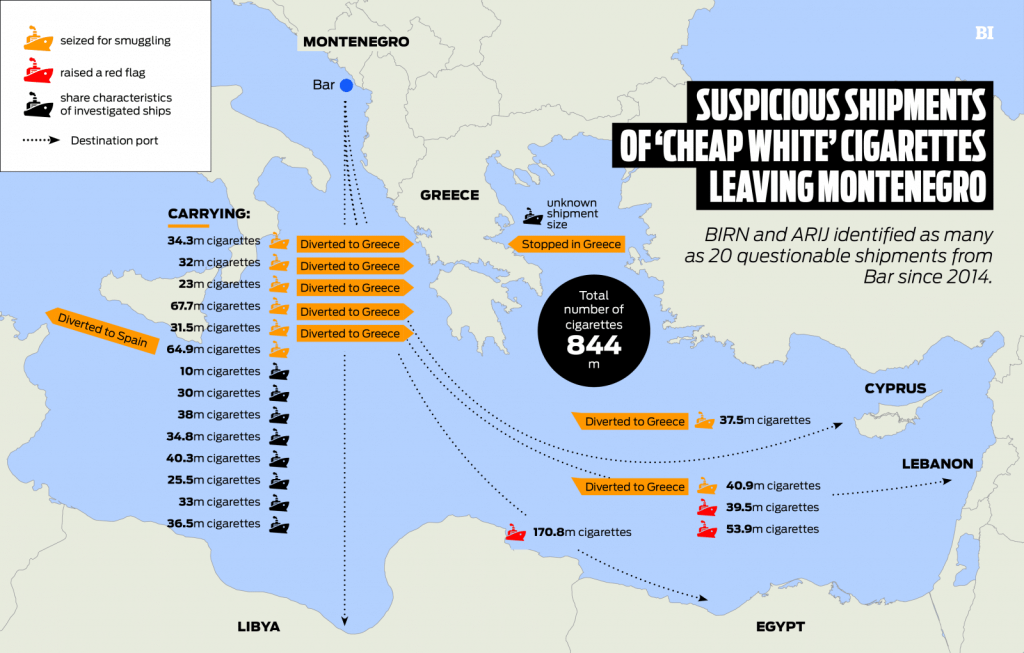
EU and Greek authorities believe that a part of cargo, would have wound up on the black market, likely in duty-heavy countries such as the UK or Ireland, evading six million euros in taxes and netting the smugglers an estimated 3.4 million euros in profits.
Drug (cocaine) traffickers hook into the port of Thessaloniki to smuggle the drug from South America to Europe. The data below show some cocaine shipments intercepted by the police in this port in 2011-2021.
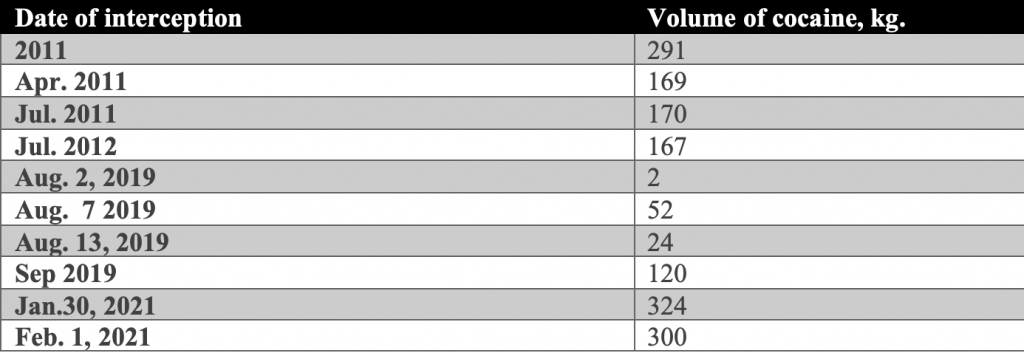
The Greek port therefore is likely to turn into a smuggling hub for cocaine and will provide an important pillar for strengthening Russia’s hand in Greece, including for achieving its destructive geopolitical ambitions. Moreover, this port, considering the specifics of its owner, will be safely deemed a transshipment base and a stronghold for Russian intelligence.

But the Greek anti-monopoly authorities have the final say, likely to interfere with the deal. If this is not the case, Russia will conquer another vital strategic area on the Greek staging ground, enabling Moscow to exercise power and support for its ops in almost all directions in the region and beyond.
The NYT claims that reports intercepted by U.S. intelligence in the summer of 2018 proved that former Russian MP, sports figure Ivan Savvidis had been Russia’s mediator in playbook for undermining the agreement and the subsequent Macedonia’s joining NATO.
The intelligence reports suggest Ivan Savvidis had been a Kremlin’s guy in Greece for many years. He was expanding his media business in Greece, taking up media outlets clattered with large debts. The U.S. government has provided Greece with available evidence of spying by Ivan Savvidis. Based on this intelligence, Greece expelled two Russian diplomats on charges of providing financing for protest groups.
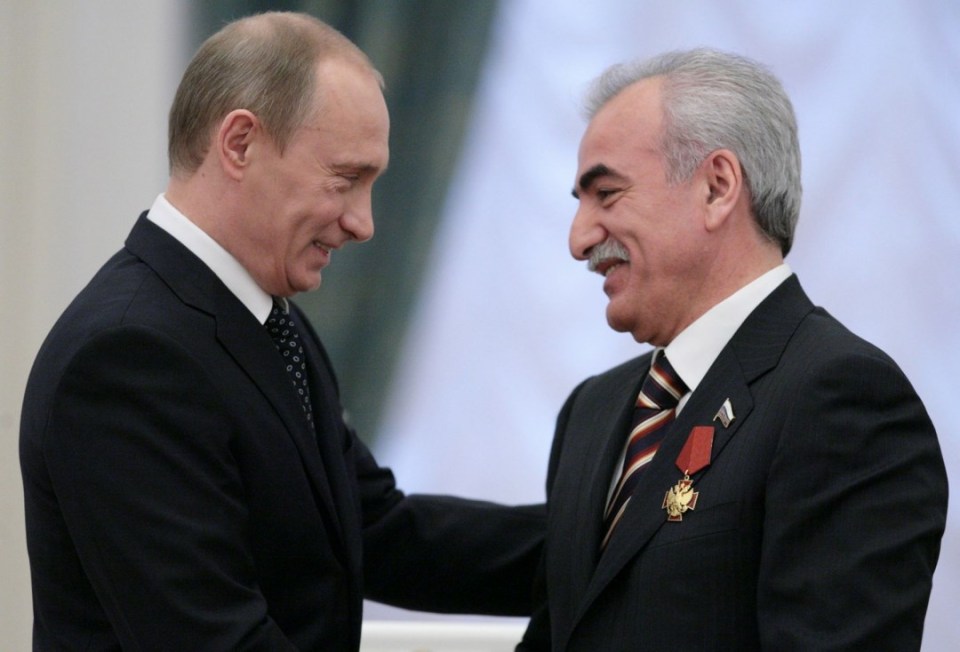
Moscow persisted in making Macedonia entirely dependent upon Russian agenda. And this scenario was implemented by intelligence officers in Belgrade (Serbia) and Sofia (Bulgaria). Russia’s consulates in the Macedonian cities of Bitola and Ohrid are called intelligence hubs in these reports. Savvidis was suspected of paying 300,000 euros to far right Macedonian nationalists and football hooligans associated with the Vardar club. This club belongs to the Russian millionaire Sergei Samsonenko who lives in Skopje and is an honorary consul in Bitola.
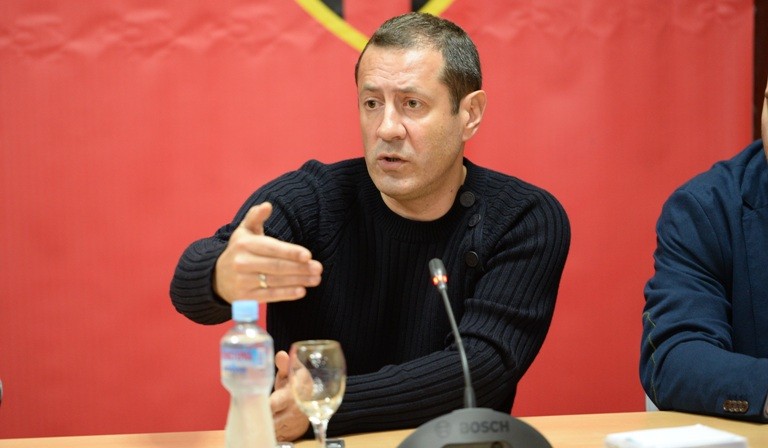
Savvidis funded a social media campaign to reduce turnout during the referendum to change the country’s name, as well as set up Internet sites that urged Macedonians to boycott the vote, instilling fear and spreading negative views.
Savvidis was also engaged in providing funds for pro-Russia forces in Cyprus. Russia’s media assumed Savvidis could have withdrawn money abroad through the Bank of Moscow and the Swiss Proper Investments GmbH, headed by his son and wife. This fact is implicitly confirmed by the arrest of his nephew, businessman Mikis Savvidis, then imprisoned for large-scale fraud.


